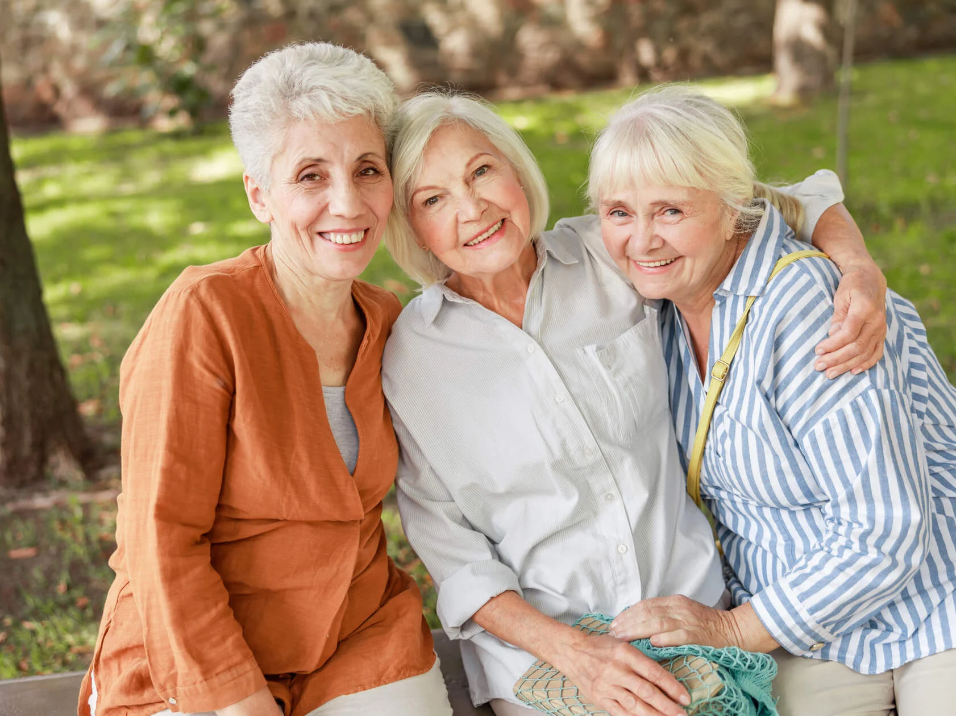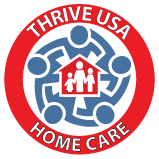What is Positive Aging and Strategies to Enjoy your Golden Years
Since 1950, human life expectancy has increased by more than 20 years. There are more people above the age of 80 and 90 than ever before. It has introduced a new challenge: caring for the elderly, from their housing and healthcare needs.
Growing old purposefully, constructively, and gracefully is where the power of positive aging lies. It is more important to have a good quality of life in old age than to appear “ageless.” It entails being helpful to others and relying as little as possible on others for activities of daily living (ADL).
Positive aging is one way older adults can better enjoy their golden years by being more self-sufficient, having fewer illnesses, and preserving their mental sharpness.
What is Positive Aging?
Positive aging is a philosophy that highlights how our thinking and attitudes affect our physical and emotional well-being as we age. It is defined by the Positive Psychology Institute as “the process of retaining a positive attitude, feeling good about yourself, staying fit and healthy, and fully engaging in life as you age.” Many cultures still have negative attitudes toward aging, which, if internalized, can operate as a “self-fulfilling prophesy,” increasing the likelihood of illness and depression. Positive aging aims to counteract this pessimism by emphasizing the benefits of aging. Continue reading to find strategies seniors can use for positive aging.
Find a Purpose
When seniors have something to look forward to each day, they can age positively. A meaningful objective could provide your loved one with a sense of purpose and push them to keep going. Encourage your loved one to discover his or her purpose, whether it’s starting a business, reaching a certain weight goal, joining an organization, or volunteering to work on causes that are close to his or her heart.
Reduce Stress
Stress can be caused by aging and the changes it brings, which can lead to worry and despair. Understanding your stress triggers and focusing on the positive are important techniques to detect and manage stress. Find healthy strategies to deal with stress. It’s critical to understand how to successfully reduce stress, whether through exercise, journaling, or professional counseling.
Use Positive Words
Negative thinking can lead to stressful situations, which can prevent good aging. However, using optimistic phrases and words, such as “I would be delighted to” or “That’s terrific,” may improve your loved one’s mood. Positive emotions may also make your loved one feel better about the aging process and improve his or her view on life.
Get Active

Maintain or start an active, healthy way of life. Make physical activity a part of your daily routine. Walking, gardening, stretching, using the stairs, and strength training with light weights or resistance bands are all examples of regular exercise. According to studies, people who exercise not only live longer, but also enjoy better lives.
Eat Healthily
Old age is an excellent opportunity to recognize the benefits of eating healthy and nutritious foods. Include more fresh foods in your diet to help you stay happy and healthy. Consult your doctor or a dietitian for guidance on which foods to eat and which to avoid. In your medical diary, carefully note your food allergies, such as “allergic to peanuts, eggs, and eggplant.”
According to research, brain foods such as seafood, beans, almonds, and greens can help you maintain your mental sharpness to a large extent.
Stay Socially Connected

Staying connected to family, friends, and other like-minded people is critical for healthy aging. Positive attitudes and reassurance may result from the connections. Knowing he or she has someone to rely on might alleviate stress and offer your loved one some satisfaction despite the hardships he or she is facing. According to a Harvard University study, social connection protects your brain from early signs of dementia. Active community interaction, whether online or offline, promotes healthy aging.
Respite care can be a good alternative for families in Maryland when their aging loved ones require companionship and socialization for a few hours each week or just minor assistance with daily home activities. Thrive USA Home Care focuses on assisting seniors in maintaining their independence while living in the comfort of their own homes.
Embrace Aging
Nobody can avoid or escape aging. Accept the process and pay attention to your emotions and thoughts. Make sure they are upbeat and affirming. Focus on what you can do rather than whatever limits you may have.
Consider hiring a professional caregiver if your loved one requires emotional support and company to keep a positive attitude. Seniors can benefit greatly from home care service agencies. Your elderly loved one can have a happier and healthier life with the assistance of Thrive USA Home Care caregivers. Call Thrive USA Home Care at (301) 882-4717 to learn more about our high-quality in-home care services.


